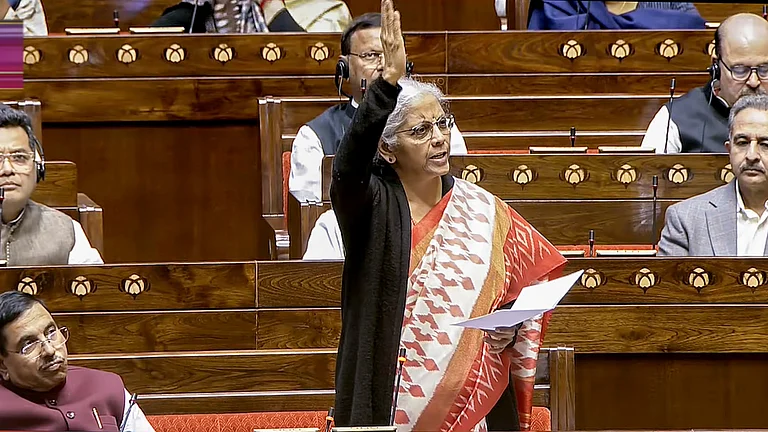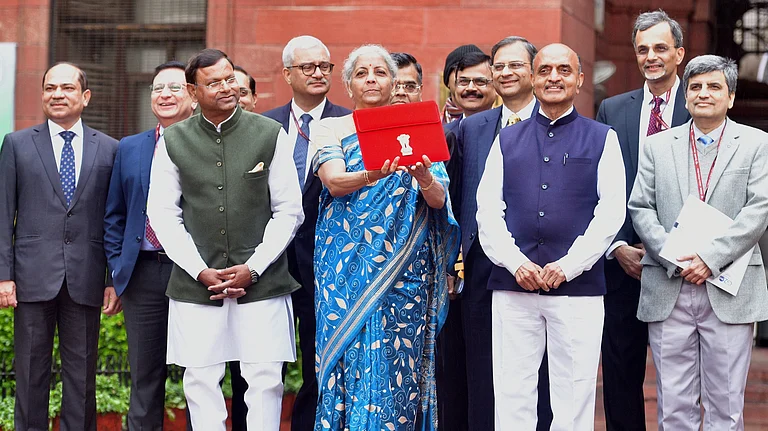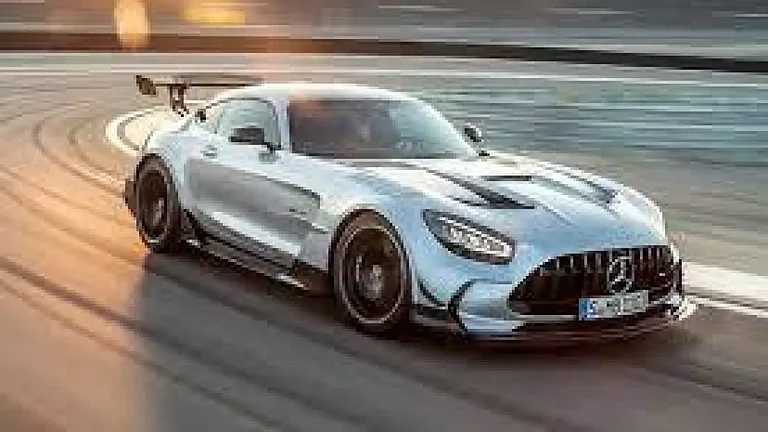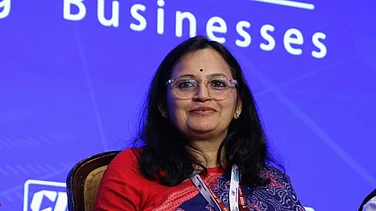The government is committed to fostering public, private partnership to drive further growth in the inland water transport sector, Union Minister Nitin Gadkari said on Wednesday.
Addressing the third edition of the Global Maritime India Summit via video conference here, Gadkari said several national waterways are proposed under the public-private partnership (PPP) mode.
The three-day mega maritime event commenced here on Tuesday.
The Minister for Road Transport and Highways said "the development of waterways is very important for the development of Bharat."
"We are committed to fostering public-private partnership (PPP) to drive further growth in the inland water transport sector. Several national waterways are proposed under PPP modes.
"Another major initiative, which has been taken by the government is the Sagarmala project with port modernisation and new port development, port connectivity investment, port-led industrliastion and coastal community development as its four pillars," Gadkari said.
He said the objective of the Sagarmala project is to reduce the logistic cost, which is 14 per cent of the GDP, compared to 8 per cent of GDP in developed countries and take maximum advantage of India's vast 7,500 kilometer-long coastline and 1,400 kilometer of potential waterways.
"The Global Maritime India Summit 2023 is a platform for India to showcase its strength and to encourage global maritime stakeholders. This is an opportunity for India to take the leading role in shaping the future of the global maritime industry," Gadkari said.
Stressing that new changes, new technology is very important for the country, he suggested Cochin Shipyard Ltd to develop new technology available in the world -- hydrogen, electric and methanol.
"The development of futuristic technology is the vision of the country. I feel that these initiatives will reduce our dependence on fossil fuel and minimize environmental impact," he noted.
Gadkari also stressed on the need for the shipbuilder to collaborate with the domestic automobile industry for engines which can run on Ethanol, Methanol, bio-CNG or bio- LNG, hydrogen and electric.


























.jpg?w=200&auto=format%2Ccompress&fit=max)




